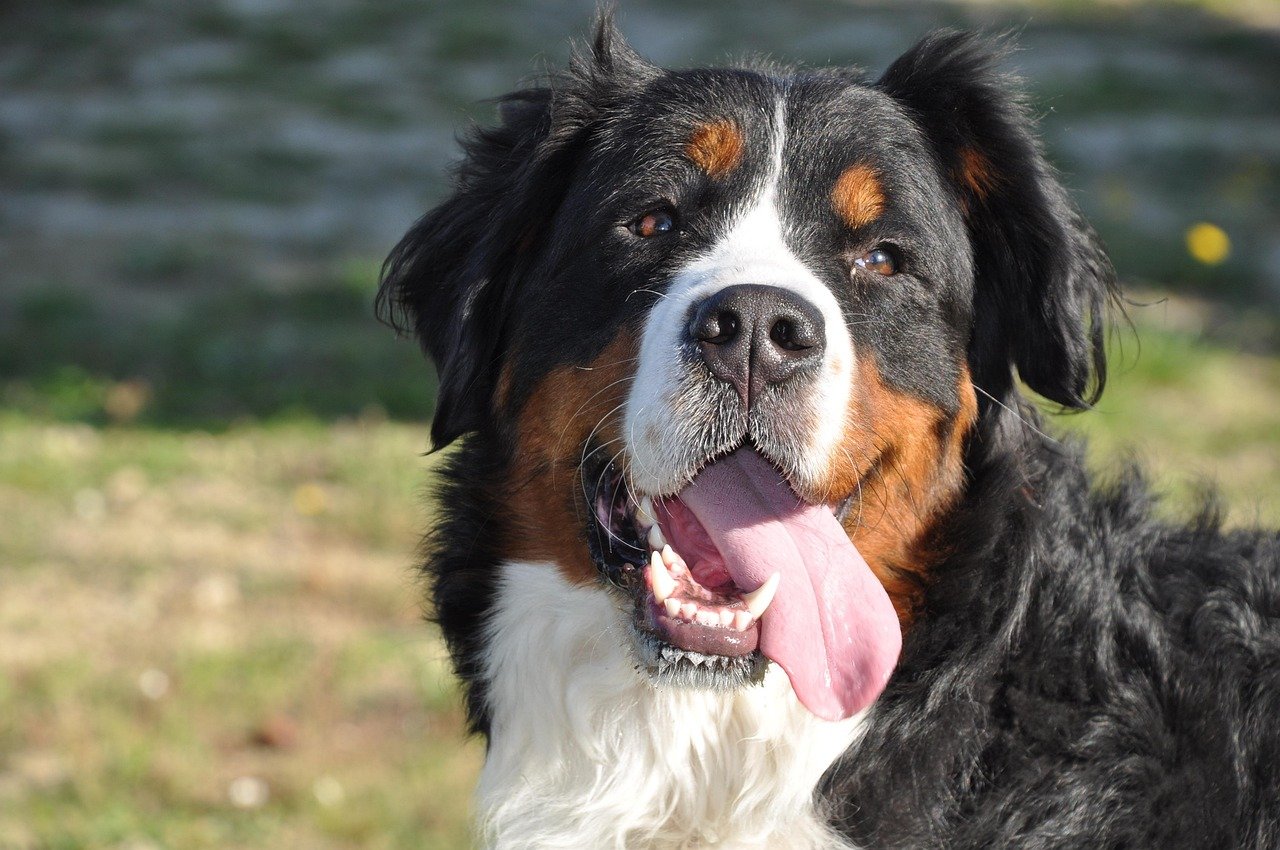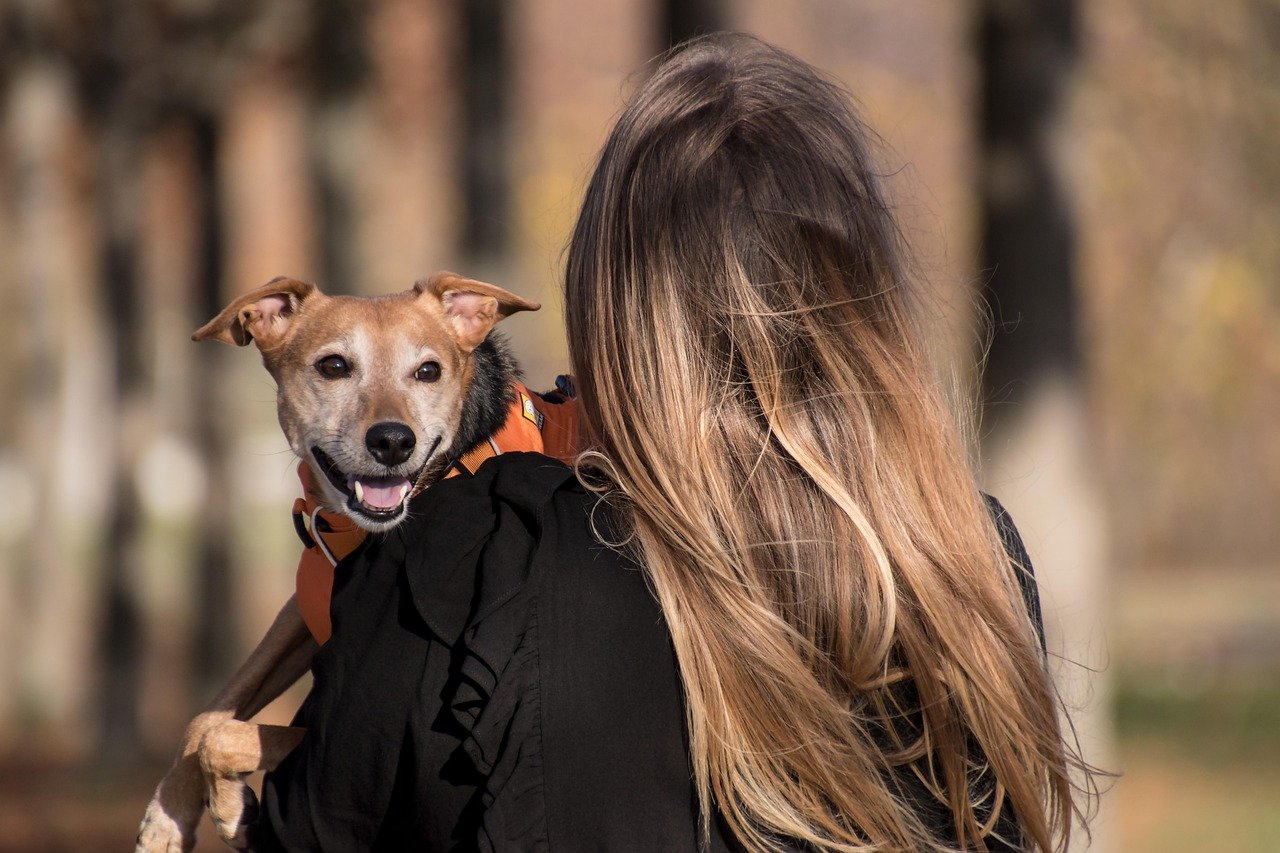Have you ever noticed how your once-social pup now seems to pick and choose its friends more carefully? Maybe the dog park, once a favorite playground, has become a bit overwhelming for your furry senior. Dogs, just like us, change as they get older, and it’s surprisingly common for them to become more selective with age. This shift can be heartwarming and a little puzzling for dog lovers, but there’s a world of fascinating reasons behind it. If you’ve ever wondered why your loyal companion isn’t as eager to greet every dog on the block, you’re not alone. Let’s pull back the curtain on what’s really happening in the hearts and minds of our aging canine friends.
Physical Changes and Comfort Levels
Aging brings about a host of physical changes for dogs, and these changes often play a big part in why they become more selective. Just like people, older dogs may develop arthritis, stiffness, or general aches that make them less eager to romp with every dog they meet. A once-energetic pooch might now prefer interactions that don’t involve too much roughhousing or unpredictability. They’ll likely gravitate towards calmer dogs or stick to familiar faces who respect their boundaries.
Additionally, sensory changes are common. Dogs can lose some of their hearing or vision as they age, making new or boisterous encounters feel overwhelming. If a dog can’t see or hear as well as before, meeting new dogs might feel risky or stressful. It’s not about being unfriendly; it’s simply about staying within their comfort zone where they feel safe and secure.
Changes in Energy Levels
One of the most noticeable shifts in older dogs is their energy level. Puppies and young dogs seem to be powered by endless batteries, but as dogs age, those batteries start to run low. Older dogs may not have the stamina for long playdates, and they definitely don’t want to deal with hyperactive puppies jumping all over them. This change means they’ll often pick and choose who they interact with, favoring dogs with a similar energy.
With less zest for long adventures, senior dogs also appreciate a slower pace. They may become choosier about when and how they socialize, opting for shorter, more meaningful connections. Think of it like an older relative who skips the wild parties but loves a quiet coffee with an old friend. It’s not withdrawal—it’s wisdom.
Shifting Social Preferences
Dog personalities are as unique as fingerprints, and just like humans, they can change over time. As dogs grow older, their personalities often become more defined, and their preferences for certain types of company sharpen. A dog who used to love giant playgroups might now prefer one-on-one time with a best buddy or even just human companionship.
This selectiveness isn’t a sign of grumpiness but rather a reflection of their maturing tastes. With years of experience, older dogs know who they like and who stresses them out. They may also develop stronger bonds with certain people or animals, focusing their attention and affection on those relationships that matter most to them.
Life Experiences and Learned Caution
Dogs are incredible learners, and as they age, they collect a lifetime of experiences—both good and bad. If a dog has had a negative encounter in the past, especially as they get older, they’re much more likely to remember it. This learned caution can make them more selective, choosing to interact only with those they trust.
Positive experiences count too. A senior dog who has always had gentle, respectful playmates is more likely to seek out similar company. In essence, their social choices become guided by the lessons they’ve learned throughout their lives, much like how people might avoid certain situations or company after a tough experience.
Changes in Pack Dynamics
If you have more than one dog, you might notice shifting dynamics as your pets age. Older dogs may become less tolerant of puppies or younger dogs in the household. This is often a reflection of their need for predictability and routine. They might retreat from rowdy play or assert their own boundaries more firmly.
In multi-dog households, senior dogs might also pass on certain social roles to younger members. For example, a once-dominant dog may step back from leadership, preferring a quieter life. These changes can cause older dogs to be more selective about when and how they interact, choosing peace over chaos.
Emotional Maturity and Confidence
With age comes wisdom—not just for humans, but for dogs too. Many older dogs show a calm confidence that younger dogs simply haven’t developed yet. They know what they like, who they trust, and what situations they’re comfortable in. This emotional maturity means they don’t feel the need to please everyone or be the life of the party.
This confidence can also make them more discerning about which dogs and people they spend time with. They’re less likely to tolerate pushy or rude behavior. Instead, they seek out relationships that make them feel good—just like anyone who’s learned to value their own peace of mind.
Preference for Familiarity

Older dogs often develop a deep love for the familiar. They cherish routines, recognizable faces, and predictable environments. Meeting new dogs or people can feel exhausting or even stressful as they age. That’s why you might see your senior dog light up around old friends but act aloof or wary around newcomers.
This preference isn’t about being unfriendly—it’s about feeling secure. Familiar dogs understand their signals and play style, reducing the chance of misunderstandings or conflicts. For senior dogs, sticking with the familiar is a way of protecting their comfort and happiness.
Reduced Interest in Hierarchy Battles
Dog social structures can be surprisingly complex, with subtle negotiations over status and territory. Younger dogs are often eager to establish their place in this social order, but older dogs usually lose interest in these games. They’re over the drama and tend to avoid interactions that could lead to tension or competition.
This reduced interest in hierarchy can result in more selective socializing. Older dogs may simply walk away from dogs who are too pushy or competitive, preferring the company of those who don’t challenge their peaceful existence. It’s a sign of maturity—and maybe even a bit of wise laziness.
Health Concerns and Vulnerability

As dogs get older, health issues become more common. Chronic pain, dental problems, or illnesses can make social interactions more difficult. A dog with sore joints or a sensitive stomach may not want to play rough or meet excitable strangers. Instead, they’ll choose quieter, less risky company.
Vulnerability can also make older dogs stick closer to home or their favorite people. They may avoid busy places or unknown dogs to prevent any chance of injury or stress. It’s a form of self-care that we can all relate to—sometimes, you just want to be with those who make you feel safe.
Human Influence on Senior Dogs’ Choices

Let’s not overlook the role we play as dog owners. As our dogs age, we naturally become more protective of them. We might avoid crowded parks, limit playtime with rowdy dogs, or stick to familiar walking routes. These choices, made out of love and concern, can reinforce our dogs’ selectiveness.
Our own emotional state can also affect our pets. Senior dogs are incredibly attuned to our moods and routines. If we’re anxious about their health or safety, they may pick up on that and become more cautious themselves. In this way, our choices and emotions help shape their social world.
Adapting to a Slower Pace of Life
Life slows down for all of us eventually, and dogs are no exception. Senior dogs often prefer quieter environments, shorter walks, and more restful days. They don’t need as much stimulation or excitement as they once did, which naturally limits the number of social interactions they seek out.
Adapting to this slower pace isn’t a loss—it’s a beautiful transition into a stage of life that prioritizes comfort, familiarity, and joy in the simple things. Whether it’s a gentle stroll with their favorite human or a nap in the sun, older dogs choose what feels best for them, embracing a quieter but deeply fulfilling way of connecting with their world.
As dogs grow older, their changing preferences aren’t signs of stubbornness—they’re reflections of maturity, experience, and shifting needs. Just like people, senior dogs may become more particular about their routines, companions, and environments. Understanding this selectivity is key to supporting their well-being in their golden years. By respecting their boundaries and tuning into their evolving comfort zones, you’re not just meeting their needs—you’re honoring the bond you’ve built over a lifetime.

Sumi Sarkar from India holds a B Tech degree in Information Technology, is a freelance film maker, scriptwriter, content editor who loves animals, especially dogs.






